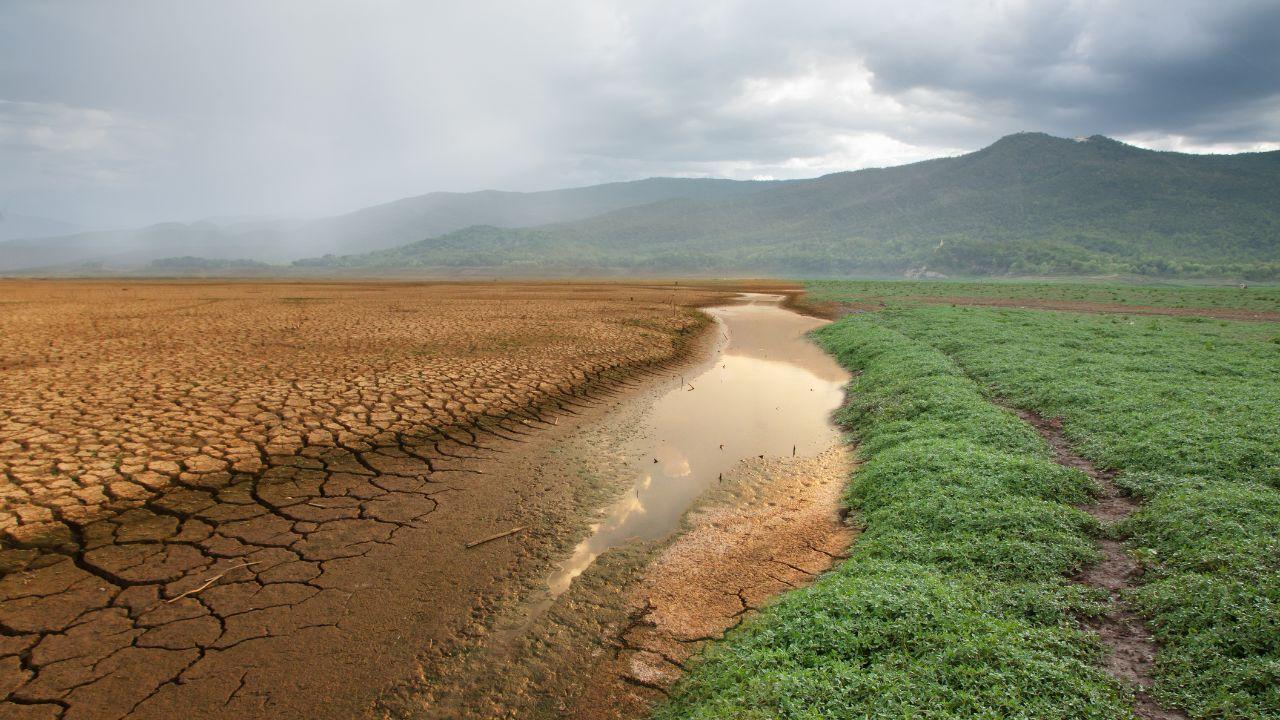
Post by : Vansh Kumar
In today’s rapidly evolving world, sustainability has become more than just a trend—it is a necessity. The Green Revolution represents a global movement that seeks to transform how societies live, produce, and consume resources, ensuring that the planet remains livable for future generations. By embracing innovative technologies, eco-friendly practices, and collective responsibility, this revolution has the potential to redefine the way we interact with our environment.
The term Green Revolution was first associated with the agricultural reforms of the mid-20th century, which introduced new farming techniques and technologies to feed a growing population. However, in the modern context, the revolution has expanded beyond agriculture. Today, it represents a comprehensive effort to address climate change, conserve biodiversity, and ensure environmental balance. This evolution highlights the growing understanding that sustainability must extend to every corner of human activity, from energy production to waste management.
One of the most powerful drivers of the Green Revolution is the shift toward renewable energy. Solar, wind, hydropower, and geothermal sources are replacing traditional fossil fuels, reducing greenhouse gas emissions and slowing the pace of climate change. Countries across the globe are investing heavily in renewable energy infrastructure, recognizing that clean energy not only benefits the planet but also supports economic growth and job creation. By transitioning to renewable energy, societies are taking a critical step toward achieving carbon neutrality.
Agriculture remains at the heart of the sustainability debate, as it directly impacts ecosystems, water usage, and soil fertility. The Green Revolution has inspired innovations in sustainable agriculture, such as organic farming, permaculture, and precision farming. These methods prioritize soil health, minimize chemical usage, and protect biodiversity. Farmers are increasingly adopting practices like crop rotation, composting, and water-efficient irrigation to balance productivity with ecological preservation. Sustainable agriculture ensures that humanity can continue to feed itself without exhausting natural resources.
The content in this article is created for informational and educational purposes only. It does not substitute expert advice or official guidelines. Readers are encouraged to seek professional consultation before making decisions based on the information provided. GCC news network is not liable for any consequences arising from the use of this content.










Iran Strikes UAE 167 Missiles 541 Drones Hit Dubai
Iran launches large-scale missile and drone assault on UAE forcing airport shutdowns and triggering

UAE Rejects Sudan Conflict Allegations at UN Human Rights Council
Emirati diplomat issues Right of Reply in Geneva dismissing accusations and urging accountability fo

NCM issues fog and low visibility warning in UAE
National Centre of Meteorology warns of fog and reduced visibility in coastal and internal areas, ur

UAE expresses full solidarity with Kuwait over maritime rights
UAE expresses full solidarity with Kuwait and urges Iraq to resolve maritime concerns through intern

Dubai Parks to Offer Free Medical Tests During Ramadan
Free health screening buses will provide eye, blood pressure and glucose tests across major Dubai pa

T20 World Cup India Prepare to Crack Spin Test in Super Eight
Bowling coach Morne Morkel confident Indian batters will regain rhythm against spinners as Super Eig